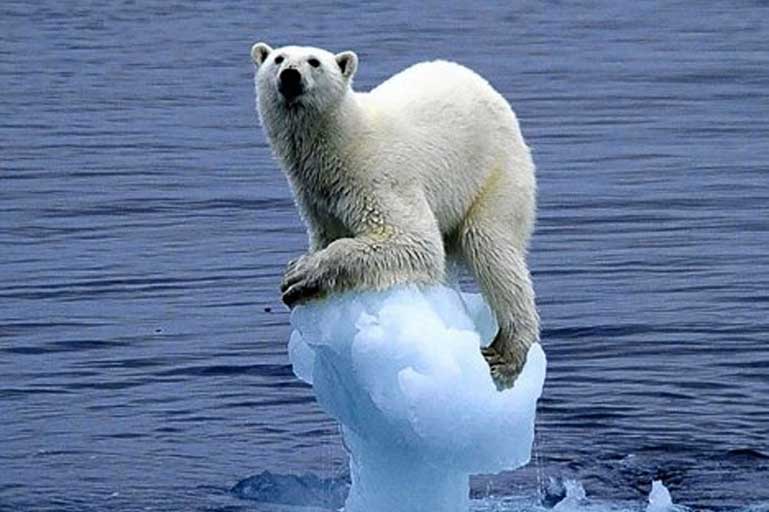The NSIDC #Arctic January update
Each month the National Snow & Ice Data Centre (NSIDC) issues an updated #Arctic Sea Ice update, and this week the January 2017 update has been published. 2016 has been and gone, and with it the impact of the cyclic El Niño warm phase has also passed. You might perhaps speculate that some will latch on … Read more


